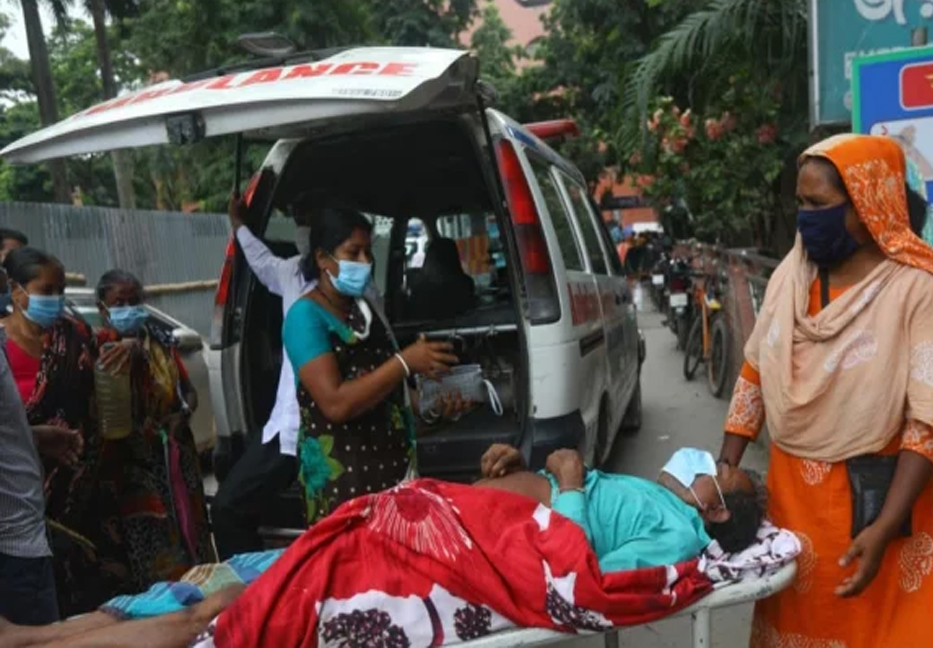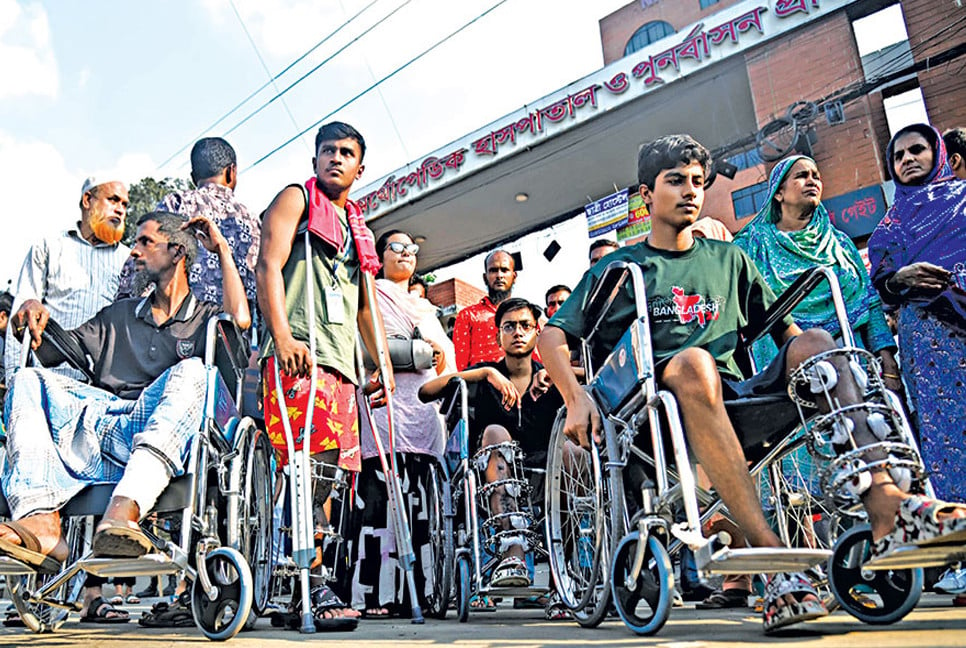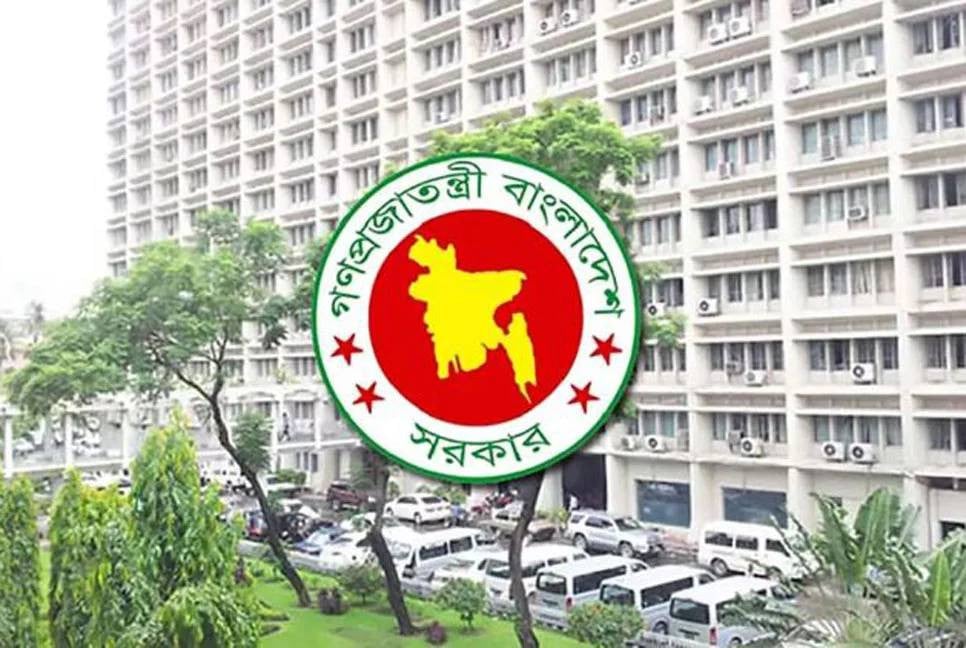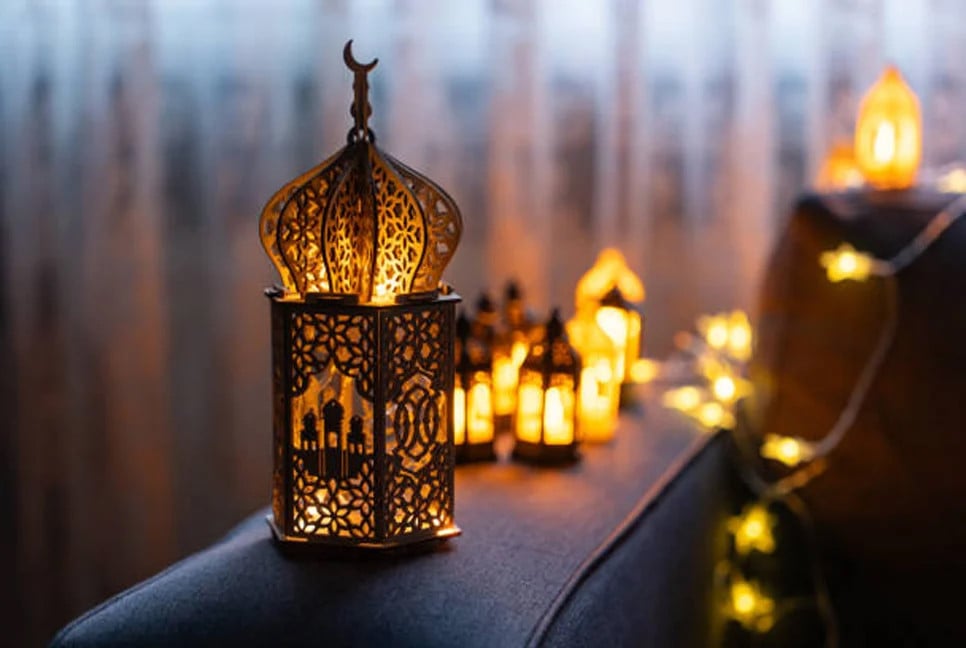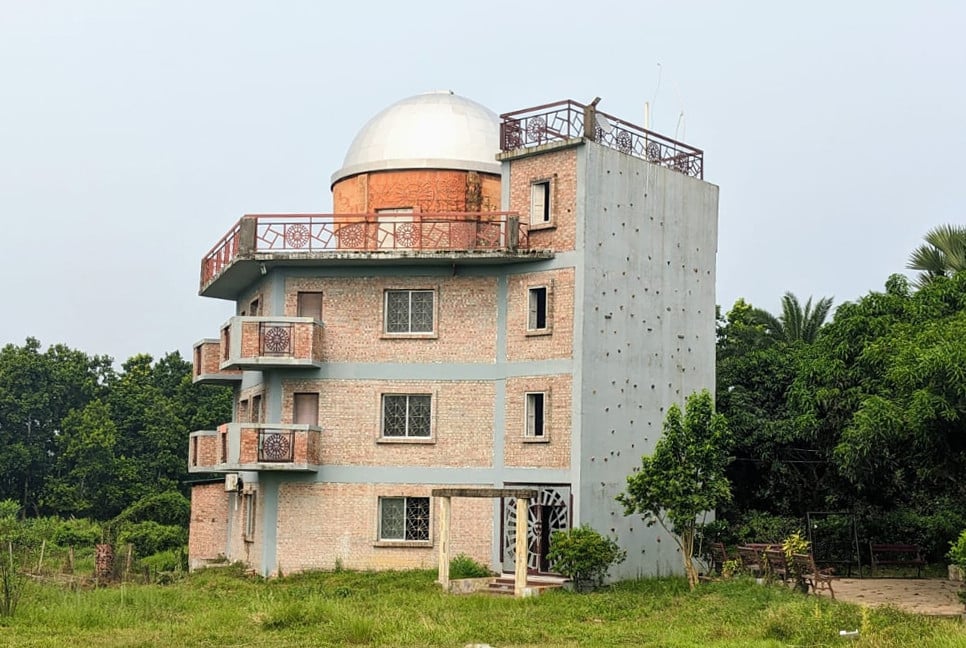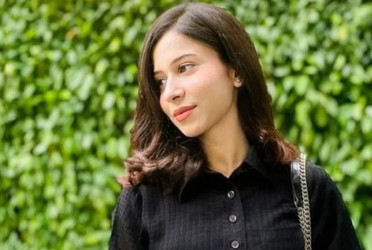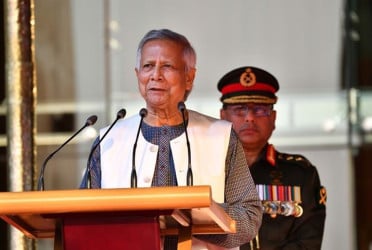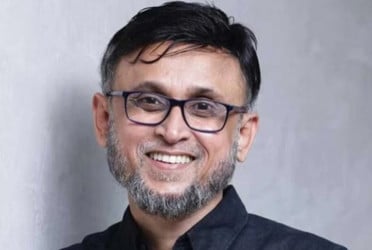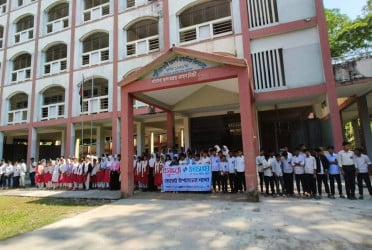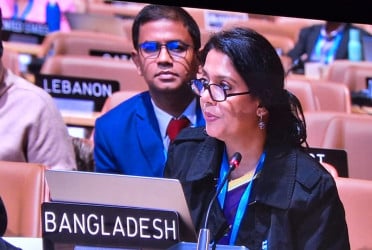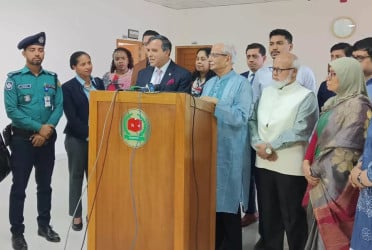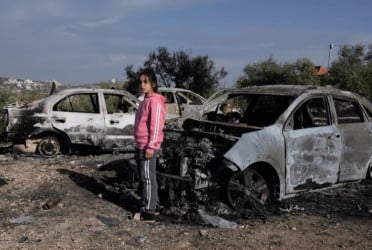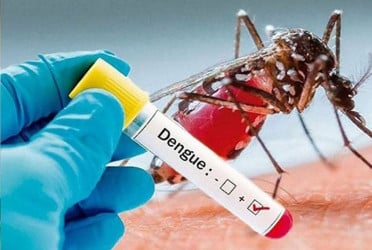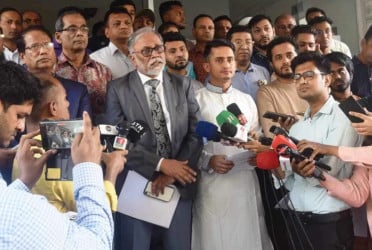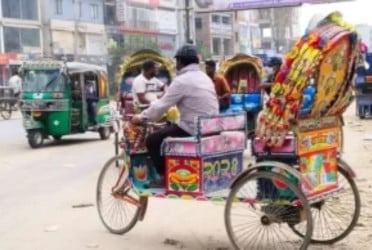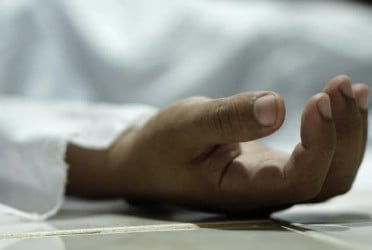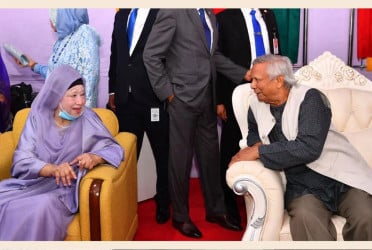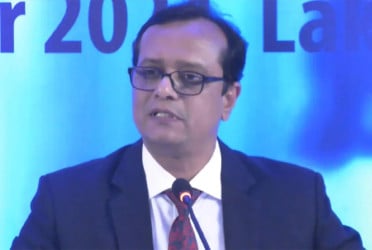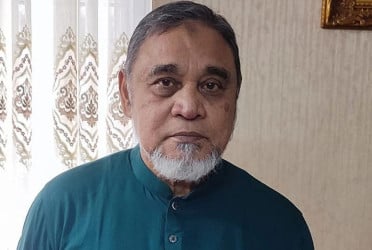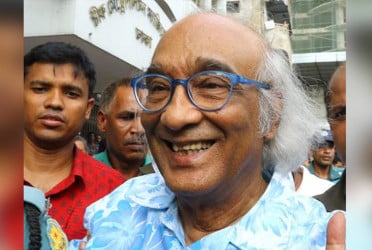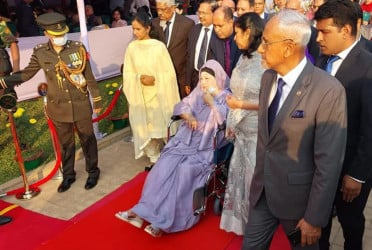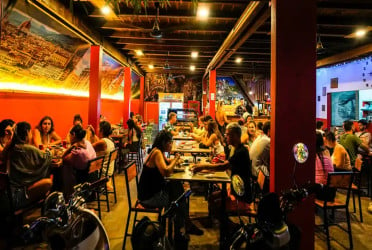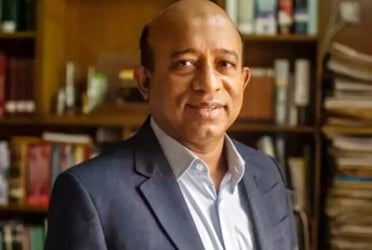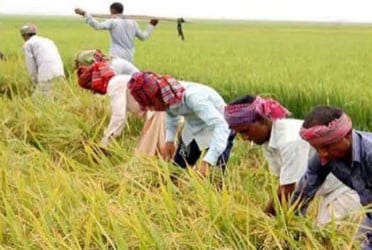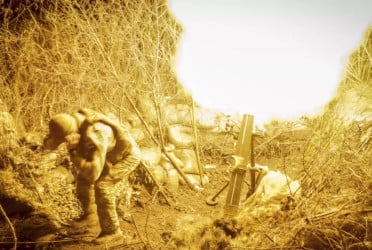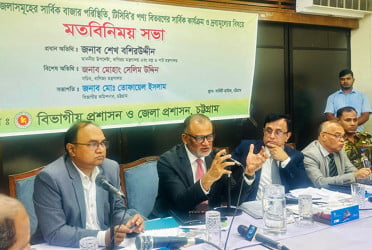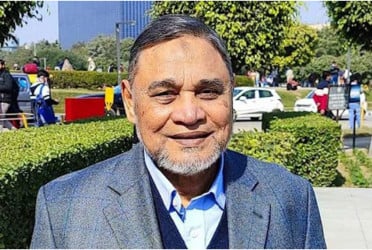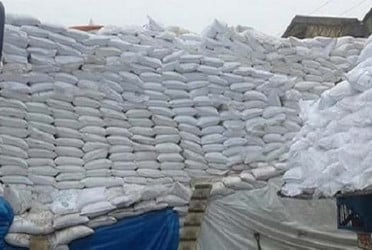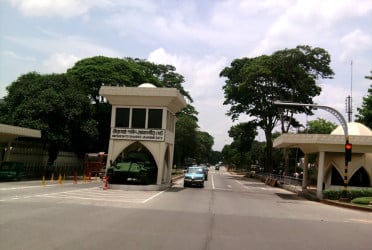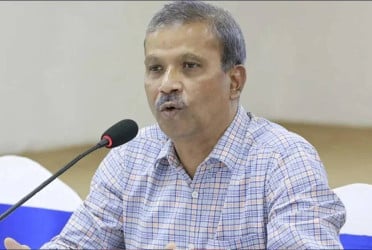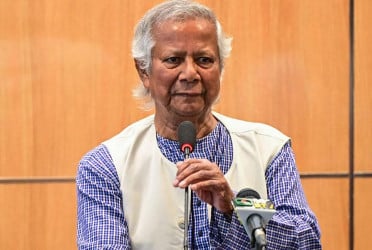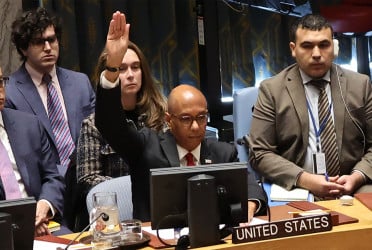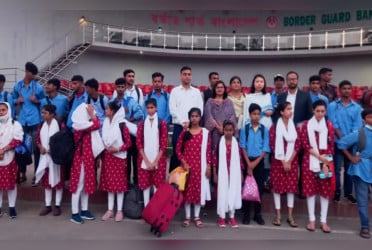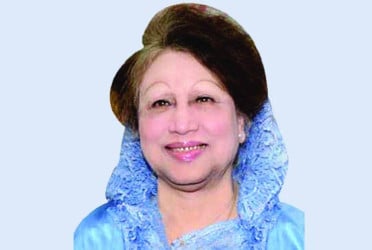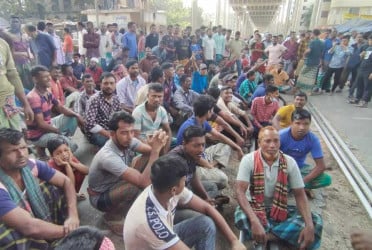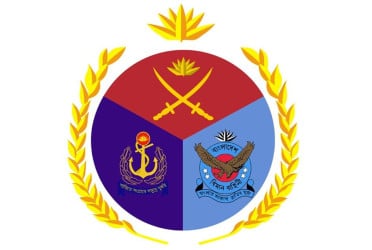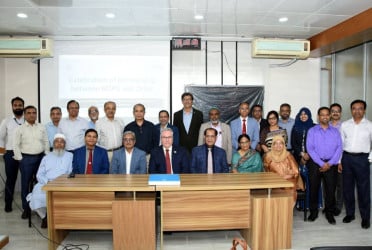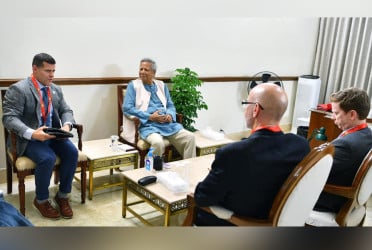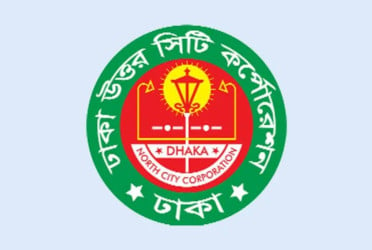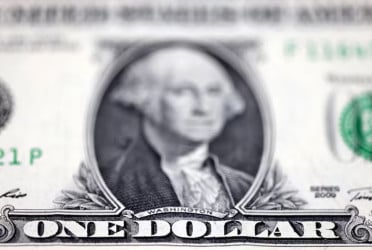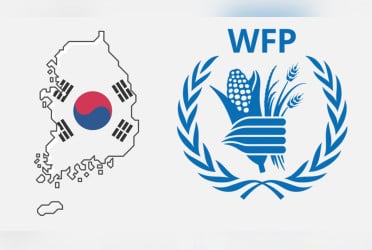The propensity of getting suffered by some serious and hard-to-be-curable diseases is increasing among the people of the country. Many of the suffering people are youth and due to the high cost involved in treatment of these diseases, many people have been becoming empty-pocketed.
Let’s look at some practical example of this crisis situation. Alif Hossain, 23, was a tea worker in Panchagarh. One day after returning home from the job, he lost his conscience and fell to the floor. After taking to the local hospitals, he regained his consciousness, but found one side of his body numb. Upon the suggestions of local doctors, he has been brought to Dhaka Medical College Hospitals (dMCH).
Suriya rahman, the wife of Alif, said, “At first, the local doctors didn’t understand what happened to Alif. They guessed it was stroke and asked to take him to Dhaka for better treatment and I brought him to DMCH. The doctors in DMCH said we made delay in bringing him there. However, we were astonished that my husband had stroke at such a young age.”
In addition to stroke, the propensity of people’s getting attacked by cancer, kidney and heart diseases are increasing alarmingly. In a recent study titled ‘Disease-specific distress healthcare financing and catastrophic out-of-pocket expenditure for hospitalization in Bangladesh,’ it has been revealed that 26 % of the families in the country incurred crisis health expenditure in last few years. The most of this amount went to the treatment of cancer (50%), liver disease (49.2%) and disability (43.6%).
Professor of National Institute of Neurosciences Hospital, Dr. MS Jahirul Haque Chowdhury told Bangladesh Pratidin, 'For so long everyone thought that strokes only happen to the elderly. But that perception has now changed. The number of strokes among young people is on the rise. 10 percent of stroke patients are under 40 years. At the same time, death due to this disease has also increased under the age of 40. There are two types of stroke - blood clot and blood vessel burst.”
Associate Professor of National Heart Institute and Hospital (NICVD), Dr. Ashraful Haque Siam told The Bangladesh Pratidin, "Heart patients are increasing in the country. However, it is a matter of concern that the rate of people under 40 years suffering from it has increased. Last week, someone I know is in the hospital with a massive heart attack. He is only 35. Recently I have done bypass surgery on a patient, who is 30 years old. Earlier, we used to say that after 40 years, everyone needs be aware of heart disease, to get tested. But now after 30 years, you have to be careful about heart disease.
Dr. Siam said, "People have completely reduced physical exertion. Earlier people used to play sports in the field but now they are suffering from obesity. People is happily ordering junk food online rather than taking home-cooked food. Apart from this, diabetics’ patients and smokers are also at risk of heart disease. Furthermore, if there is a family history of this disease, many are affected due to hereditary reasons. If you are aware, the risk of heart disease can be reduced a lot.”
The number of people suffering from kidney disease and cancer is constantly increasing in the country. About 2 crore people are suffering from kidney disease. One and a half million people are affected by cancer every year. Doctors are blaming food habits, use of excess pesticides in crops, adulteration in food, and excess consumption of medicines. People with diabetes and hypertension are at higher risk of developing kidney disease. Former professor of National Cancer Research Institute and Hospital, Habibullah Talukder Raskin told The Bangladesh Pratidin, "In the treatment of cancer patients in the country's government hospitals, the cost of treatment alone is about 2-3 lakh taka, depending on the type of operation, radiation, chemotherapy."Along with this, there are additional expenses including travel, medicines. This cost is around 10-12 lakhs in private medium quality hospitals. Only 5 percent of cancer patients can be treated in government hospitals. The remaining 95 percent who can afford it go to private hospitals. The medical conditions of the lower and middle class people in the country are pathetic.”
Taiful Islam, 35 is working as an office assistant in a private organization. His wife has been suffering from kidney diseases from two years. He said, "Dialysis for two days a week in the government hospital costs 1,120 taka. The cost of kidney dialysis per month is 6, 720 taka. With this, more than 20,000 taka per month is spent on medicine, doctor, and travel purpose. Not being able to run on a low salary, I am already in debt. This cost is more than double in private hospitals. I don't know how many days I can continue it.”
Kidney Foundation Hospital doctor Sheikh Moinul Khokon told The Bangladesh Pratidin, "Dialysis and transplant of kidney patients should continue without interruption." For kidney dialysis, another person has to accompany the patient to and fro. The patient himself is not able to work, and another working person in the family has to be busy for him. We have many patients initially treated with cabins but at some point they cannot afford the cost and ask for a free bed. Even if we subsidize the patient, we give him dialysis if he cannot. But this cannot be marked as the picture of the whole country.”
(The report was published on print and online versions of The Bangladesh Pratidin on November 18 and rewritten in English by Lutful Hoque)

